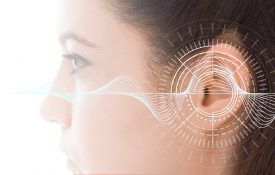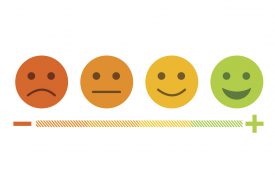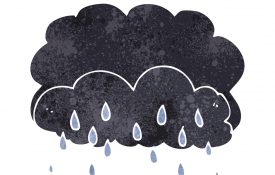-

Imagining a Positive Outcome Biases Subsequent Memories
Results from two studies suggest that imagining an upcoming event may ‘color’ memory for that event after the fact.
-

New Research From Psychological Science
A sample of research exploring competition and inequality, religiosity and trust, differences between visual memories and visual perception, and confidence and information seeking.
-

New Research From Psychological Science
A sample of research exploring certainty in advice giving, boundary conditions for growth mindset effects, polygenic scores and criminal offending, and strategic modulation of mind wandering.
-

Imagining an Object Can Change How We Hear Sounds Later
Research shows that you don’t need to see an actual object to experience the “ventriloquist illusion” and its aftereffect. Simply imagining the object produces the same illusory results.
-

The Emotions We Feel May Shape What We See
Findings from two experiments suggest that our emotional state in a given moment may influence how we perceive visual stimuli.
-

Lingering Negative Responses to Stress Linked With Health a Decade Later
People who respond to stress with negative emotions that carry over from one day to the next report more health problems 10 years later compared with peers who are able to “let it go.”

